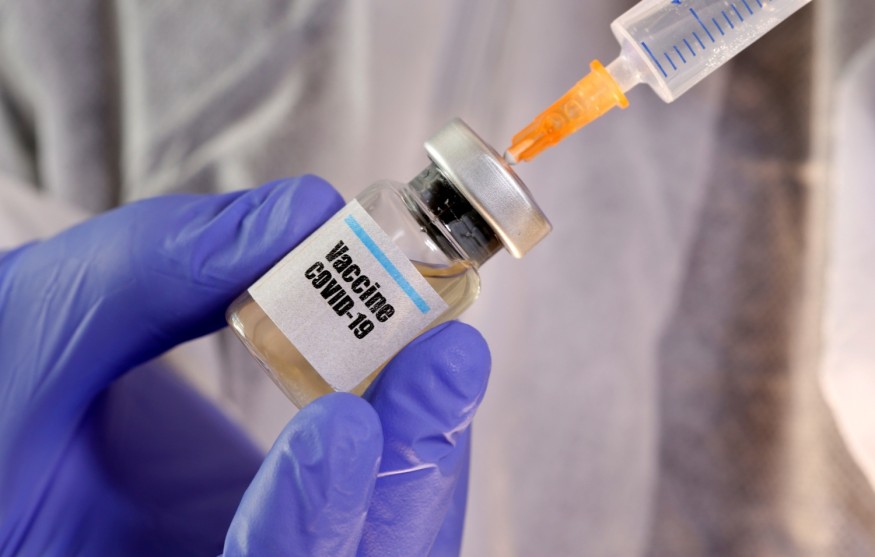Researchers Around the World Scrambling for a Vaccine, Are They Close?

Due to the escalating number of cases around the globe (a whopping 1.8 million infected as of Monday), U.S. laboratories are hastening medical studies to develop a cure for the coronavirus.
Physicians are experimenting with drugs to find a possible lead on how to treat the disease.
Last March, medical researchers in France attempted to study whether or not hydroxychloroquine could become a treatment for the coronavirus.
The first to declare the results of this experiment with a "100% cure rate against coronavirus" was a lawyer who starred on Fox News's program, where it was reported to be the "game-changer" for the pandemic. This happened before the publication of the study.
The effect, as expected, was instantaneous. The world was led to believe that hydroxychloroquine was a be-all, end-all treatment for COVID-19, the beacon of hope to end the pandemic. There was immediate exportation of the product that led to scarcity from high demands from various health sectors, such as hospitals in New York and healthcare provider Kaiser Permanente.
An obstetrician in southern Indiana reported that hydroxychloroquine prevented the virus from entering cells. Dr. Thomas Brown believed "it was only a couple of days, probably a day or two before I noticed a difference."
France's drug safety agency has recently proven that hydroxychloroquine being used on COVID-19 appears to have serious cardiovascular side effects. Their data about the supposed miracle drug shows 43 cases of heart problems.
This can serve as a reminder for everyone, media consumers and health workers alike, to act responsibly during the pandemic. Rushing into unverified research may harm progress.
Check these out!
'It's Just a Flu': Bolsonaro's COVID-19 Dismissal Putting Brazil In Danger, Experts Say
Online Petition Calling for WHO Director-General's Resignation Nears 1 Million Signatures
After Missing for More Than a Week, Mexican Journalist Was Found Beheaded at Seaside Resort
A Cure of Promise
Survivors of COVID-19 contribute to the research surrounding the development of a cure against the coronavirus using the antibodies they developed to combat the disease.
"We don't want to provide false hope," Food and Drug Administration Commissioner Stephen Hahn said, adding that the research is proving to be promising, "but definitely [provide] hope."
An experimental drug, which the World Health Organization (WHO) has deemed as "promising," is the subject of over 70 tests across universities in the U.S.
Remdesivir, a drug by Gilead Sciences, was successful in fighting viruses like SARS and Ebola. And so, it is predicted that it can work against the coronavirus since they share similar strains.
In the study, the researchers found significant differences in the results: Of the 53 patients, 36 got better, eight got worse, and seven died. The death rate of the study, at 13 percent, is still marginally lower compared to other data.
While there is still yet to be conclusive evidence to support the clinical implications of remdesivir, the authors of the study were confident that further progress into the research could give hope.
"We look forward to the results of controlled clinical trials to potentially validate these findings," a statement from Gilead stated.
Subscribe to Latin Post!
Sign up for our free newsletter for the Latest coverage!
© 2026 Latin Post. All rights reserved. Do not reproduce without permission.














